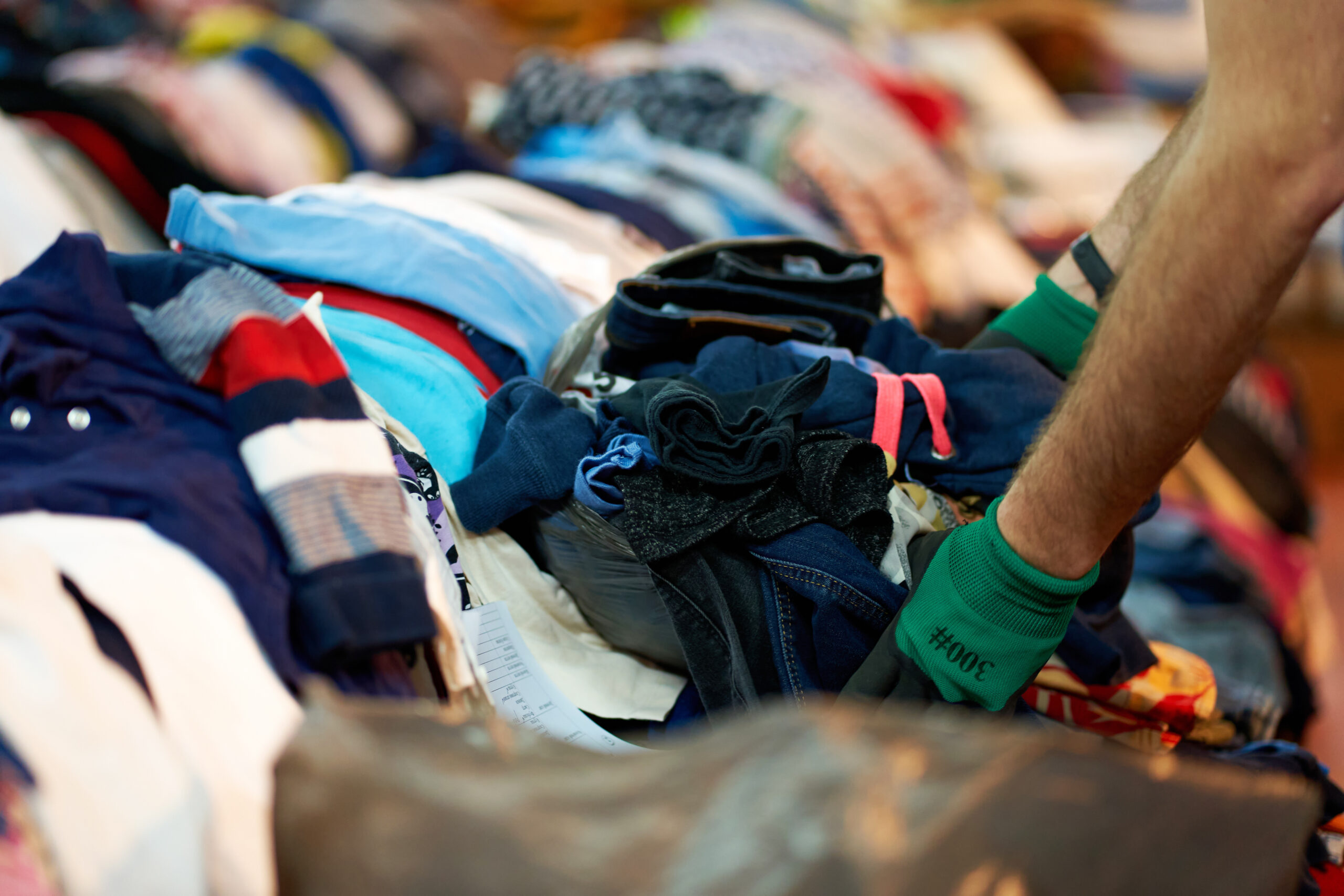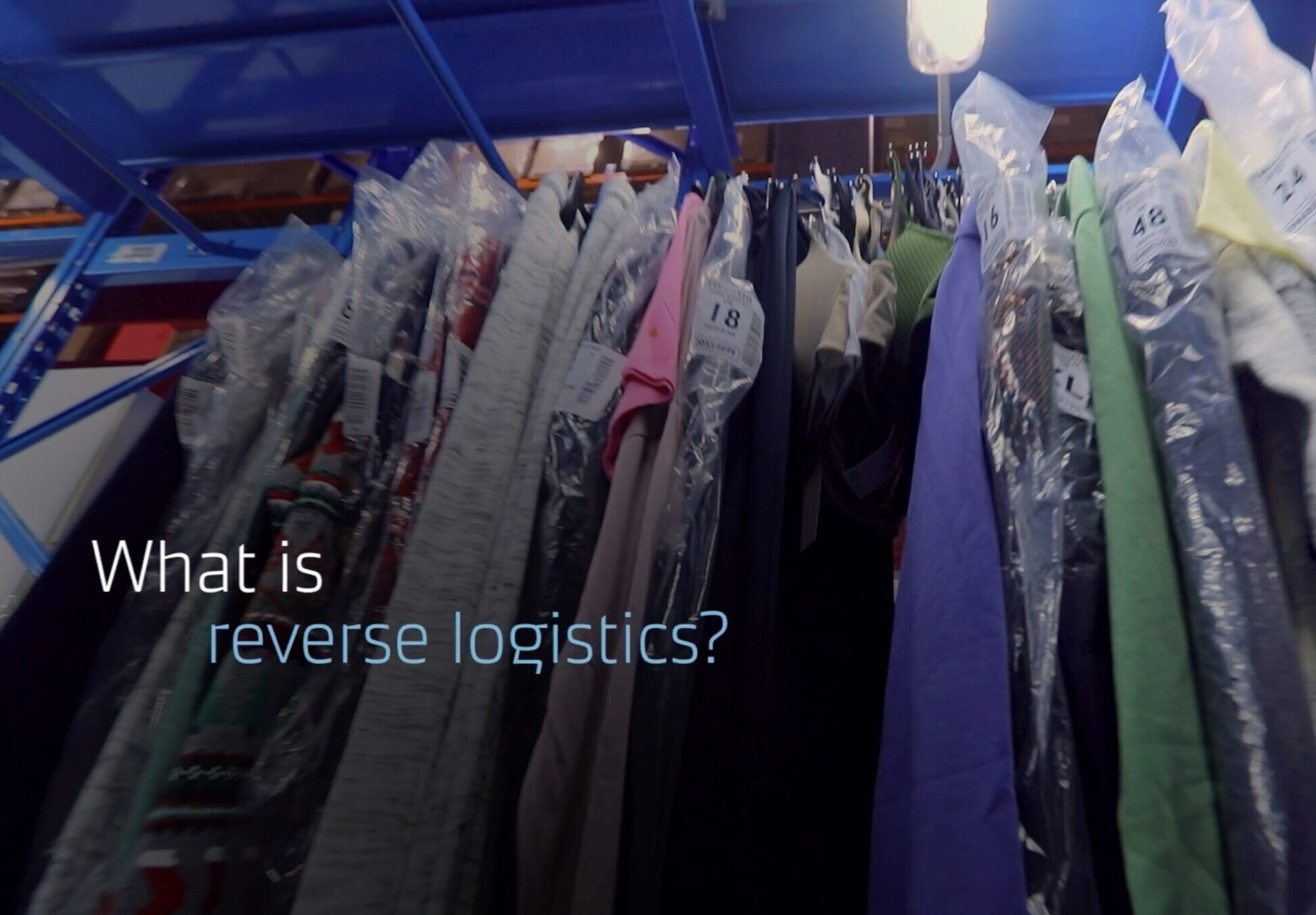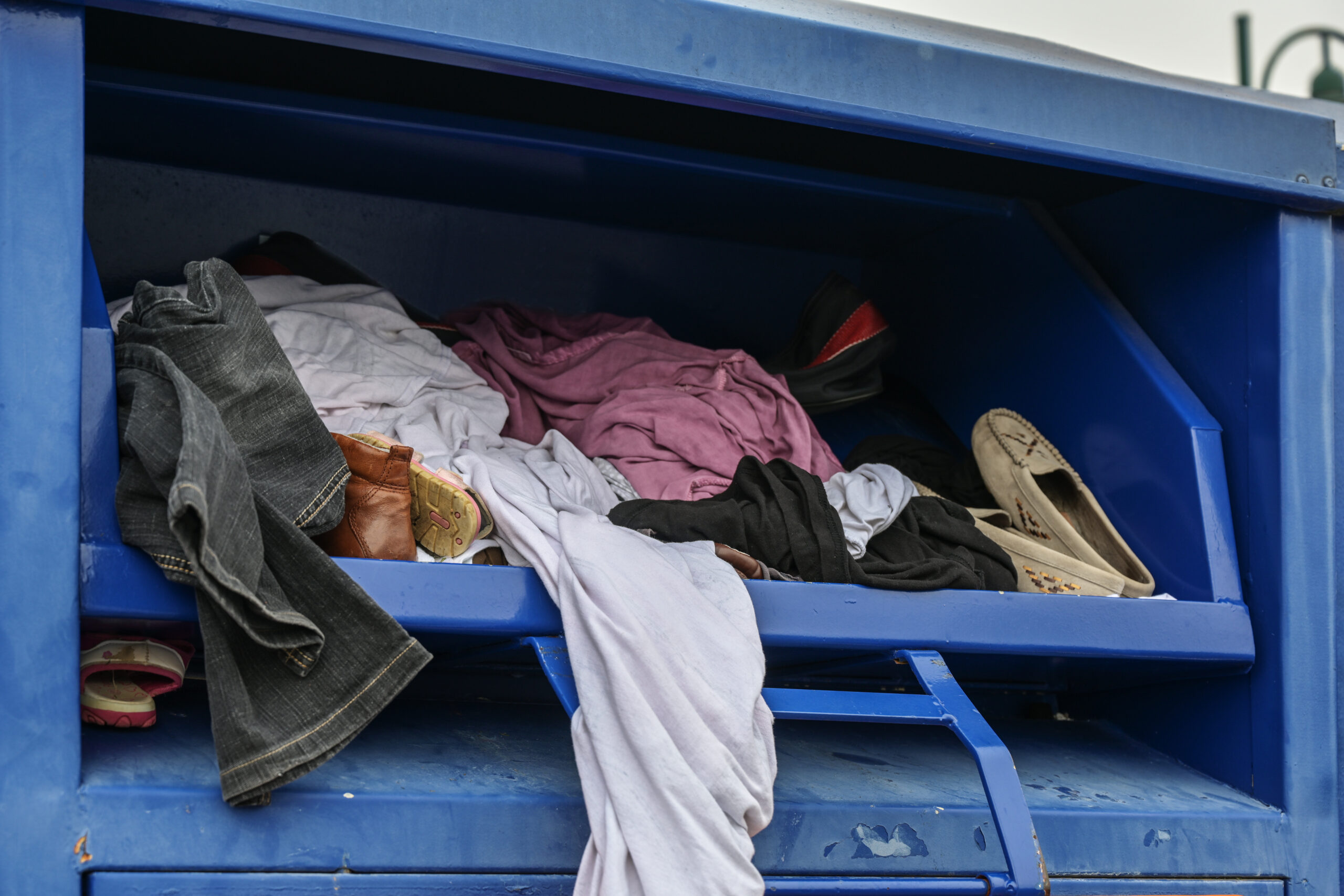Reverse Logistics for Circular Fashion Systems explores the essential role of reverse logistics in helping the fashion industry transition to circular fashion models. It focuses on efficiently managing the reverse flow of materials and products from end-users, and reintegrating them into the system for resale, remaking or recycling. This process extends the lifecycle of products, maximises value, and minimises waste.
Supported by Maersk, a leading logistics provider and Global Fashion Agenda’s Insight Partner, this publication represents the culmination of extensive research. This includes insights from consultations with eight distinguished experts from top brands and organisations: Maersk, Nike, H&M Group, Target, PUMA Group, Ellen MacArthur Foundation, VF Corporation, and Circle Economy Foundation. Through interviews with industry insiders and logistics specialists, and a review of best practices, the report outlines three essential strategies companies must implement to achieve a truly circular fashion system.












